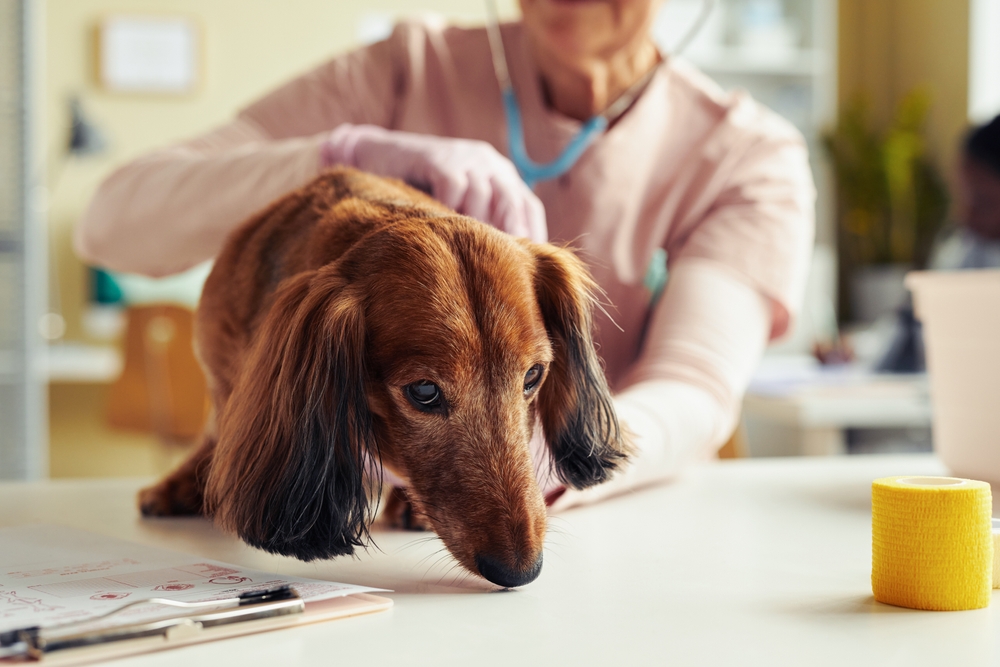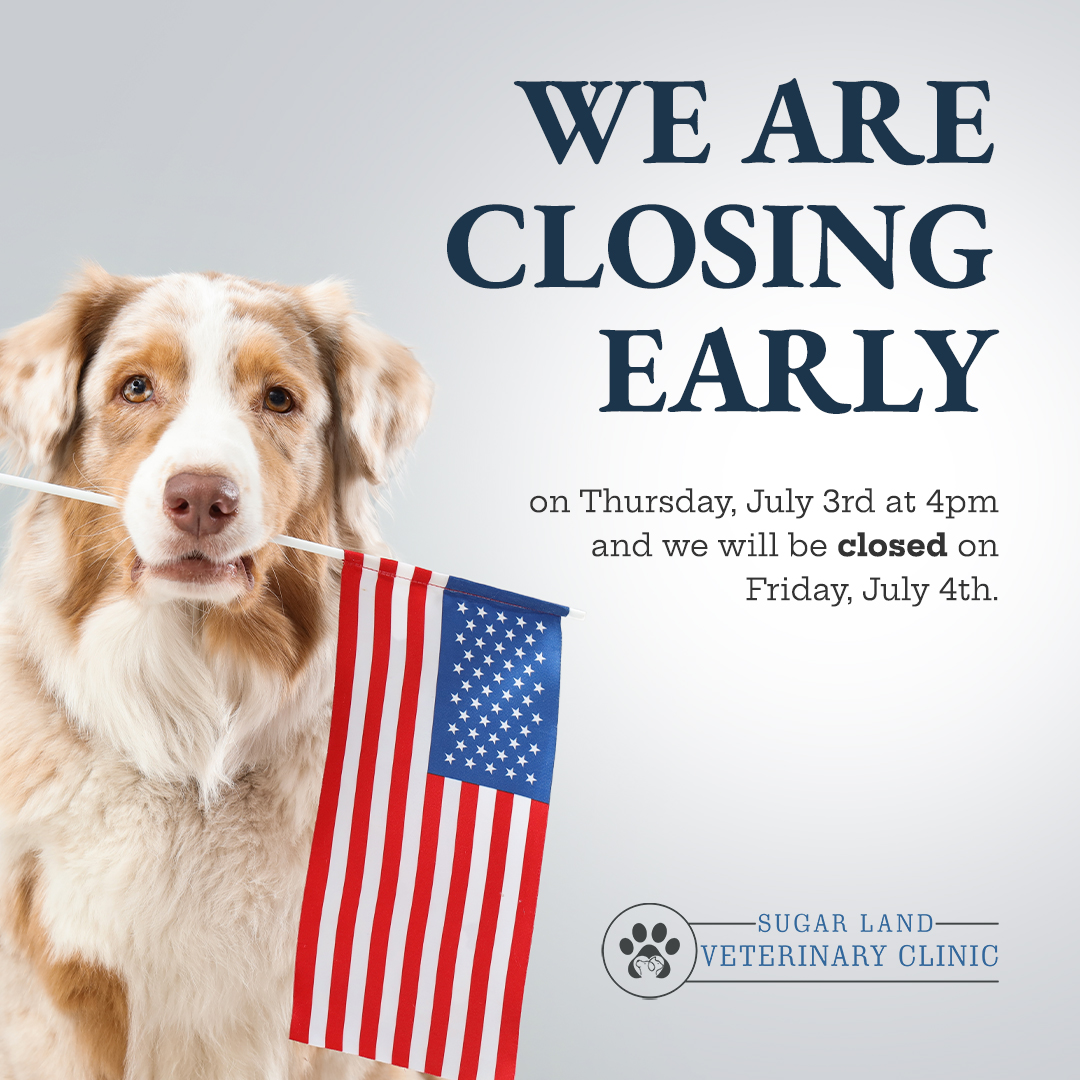
It is natural to feel anxious when your pet companion needs surgery. You want them to be healthy and happy. The thought of them undergoing a procedure can stir emotions. Yet, with some preparation, you can help make the process smoother for you and your pet.
Talk to Your Vet About the Procedure
Before you do anything else, talk to your vet. Ask about the surgery, what to expect before, during, and after, and any specific instructions for your pet’s care.
Your vet will explain the procedure and why it is necessary. This will ease your mind and give you a clearer picture of the whole process. You have a right to ask about potential risks and complications. Knowing everything upfront will help you feel more in control and prepared.
Follow Pre-Surgery Instructions Carefully
Your vet will likely give you some instructions to follow before the procedure. These could include stopping food or water intake the night before or making sure your pet is in good health before the procedure.
It is best to follow these instructions strictly. You want to keep your friend safe and make the surgery go as smoothly as possible. For example, not eating or drinking before surgery can prevent complications with anesthesia.
Pay attention to all the details. It may seem like a lot, but your vet will guide you through everything.
Prepare Your Home for Aftercare
After surgery, your pet will need a calm, quiet space to recover. Make sure their bed or resting area is clean, comfortable, and free from distractions.
You may also need to move around obstacles they trip over. Limit access to areas they should not go, like stairs or couches. To help with healing, it is best to keep them in one safe, quiet spot for the first few days.
Stock up on supplies your vet recommends, like medications, bandages, or special food. Preparation of everything will make post-surgery care less stressful for both of you.
Prepare Yourself Emotionally
It is completely normal to feel anxious about your pet’s surgery. They are such an important part of your life, and it is tough to see them go through this.
Just remember, these procedures are usually routine and are for their health. An experienced vet team will take great care of your pal, so you can trust them.
Manage Their Comfort During Recovery
Once your pet is home, you must watch them closely. Make sure it is comfortable and keep its environment calm and quiet.
If they have a bandage or stitches, make sure they do not try to lick or chew at the area. Your vet might recommend an Elizabethan collar (the “cone of shame”) to prevent this. While it can be tough for both of you, keeping the surgical area protected is important.
Follow your vet’s instructions for medications carefully. Only skip or change doses if advised. Taking good care of your pet aids their healing.
Trust the Process
Prepare your pet for surgery by following your vet’s instructions. Create a cozy recovery space at home to help them heal faster.
For more on pet surgery, visit Sugar Land Veterinary Clinic at our Sugar Land, Texas, office. Call (281) 800-9003 to schedule an appointment today.
https://www.akc.org/expert-advice/health/how-to-prep-your-dog-for-surgery/






